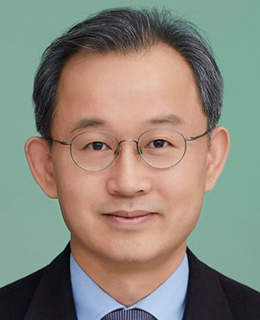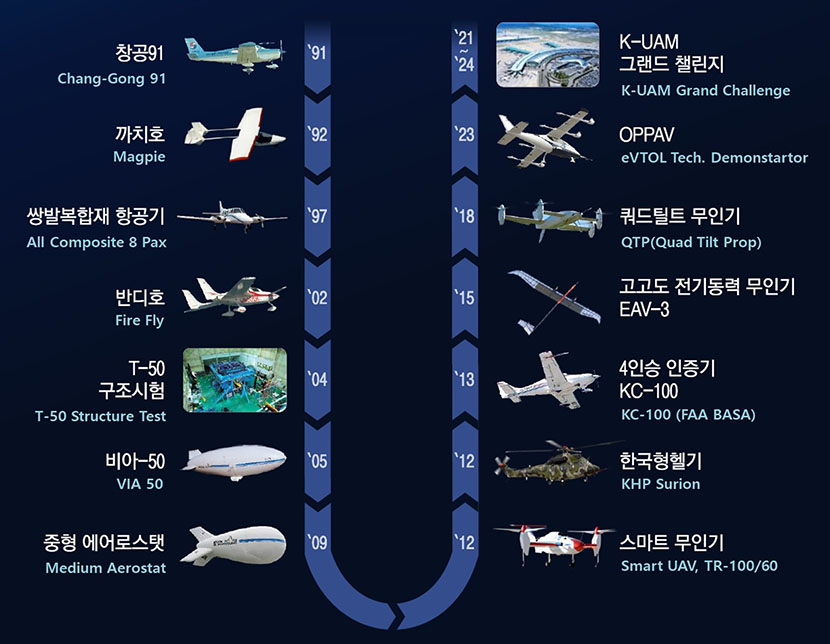
Hwang, Chang-Jeon
KARI (Korea Aerospace Research Institute)
Director (also Executive Vice President of KSAS)
Lecture Title: Overview of Electric Aircraft Technology Development in KARI
Lecture Summary/Abstract:
An aviation industry is gradually turning towards electric aircraft as a means of reducing carbon emissions and achieving sustainability. Electric aircraft, which are powered by batteries or other forms of electric propulsion, offer several advantages over traditional fossil fuel-powered aircraft, including reduced emissions, lower operating costs, and quieter operation. This talk is consisted in two parts. The first part is an introduction of KARI including some aerospace achievements in his 33-year-old history. Major research fields in KARI are categorized with aircraft, satellite and launch vehicle fields. Recently, a lunar orbiter, Danuri is started to mission successfully and two-staged Nuriho was launched well. The second part is about an overview of electric aircraft technology development. There has been several technology development projects on electric aircraft in KARI such as EAV, QTP, OPPAV, and stratospheric drone etc. To contribute to the carbon neutral world, an electrification of aircraft power source is important, so a fully battery and hybrid approaches are pursued. The hybrid approach is classified in three different ones, i.e. fossil fuel engine-battery hybrid, solar panel-battery hybrid, and hydrogen fuel cell-battery hybrid. Especially, a fully battery type technology demonstrator, OPPAV is under development for UAM eVTOL. The 1st phase of K-UAM grand challenge is performed in these days. In conclusion, electric aircraft technology represents a significant opportunity for the aviation industry to reduce its environmental impact and achieve sustainability. While there are still technical challenges to be addressed, the growing momentum behind electric aircraft technology is indicative of its potential for significant impact.

<Aeronautics research in KARI>
Biography:
Dr. Hwang was graduated from aerospace engineering dept. of Seoul National Univ. as BA in 1989, KAIST as MS in 1991 and KAIST as Ph.D. in 1995. Then he joined KARI, and performed various projects such as smart tilt rotor UAV (Unmanned Air Vehicle), KHP(Korean Helicopter Program) Surion helicopter, stratospheric airship, and tail fan anti-torque system etc. Now he is in charge of the OPPAV (Optionally Piloted Personal Air Vehicle) technology demonstrator program. He served as team leader and director of various fields in KARI, and is the director of UAM(Urban Air Mobility) research division at present. He is the executive vice president of KSAS(Korean Society for Aeronautical and Space Sciences), and also, vice president of KSNVE(Korean Society for Noise and Vibration Engineering) in 2023.


 loading......
loading......